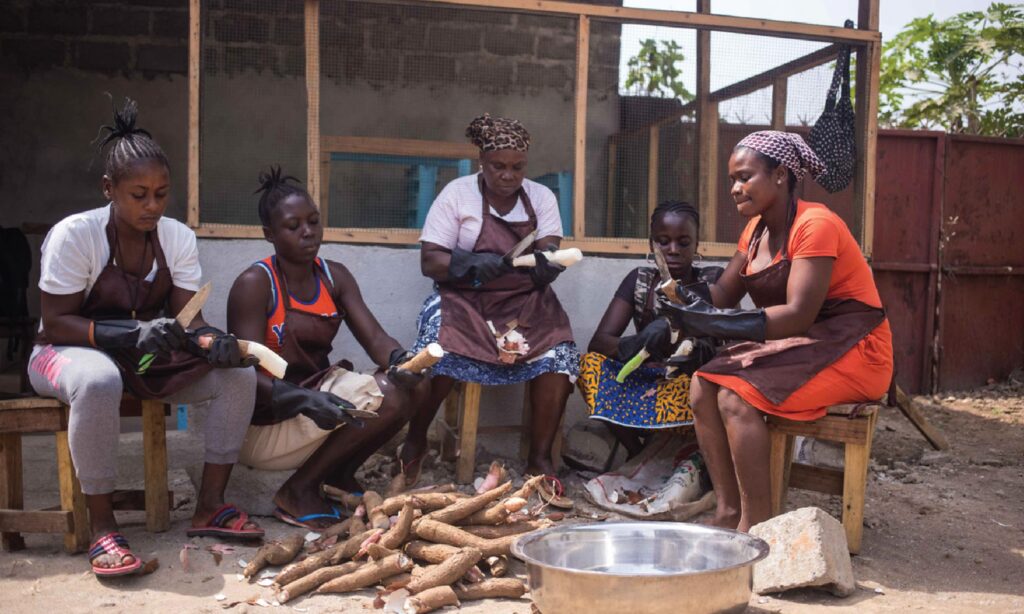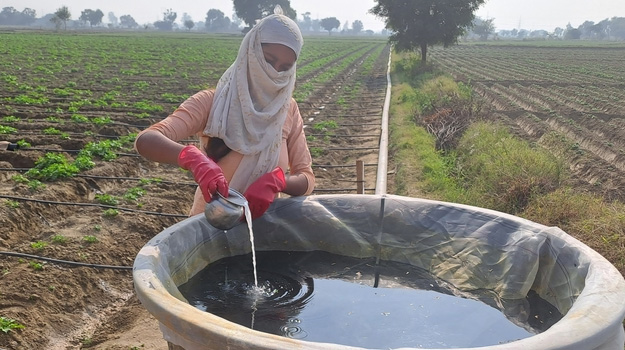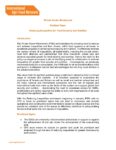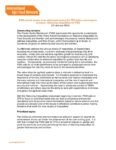
CFS Policy Recommendations on Reducing Inequalities in Food Systems for Food Security and Nutrition
Background
The process to develop Policy Recommendations on Reducing Inequalities for Food Security and Nutrition started at CFS 51 with a presentation of the main findings of the HLPE Report on “Reducing inequalities for food security and nutrition”.
The subsequent Plenary discussion underlined the importance attached by CFS stakeholders to the urgent need to address inequalities, and their drivers, within food systems at all levels, to accelerate progress on achieving food security and nutrition.
Following this CFS stakeholders were invited to send written inputs highlighting their views on priority issues to be addressed during the CFS policy convergence process. This was followed by an open-ended working group meeting in January which discussed the workplan for the policy convergence process followed by a thematic discussion also in January to analyze specific concepts/policy areas of the HLPE-FSN Report on Reducing inequalities for food security and nutrition. A zero draft of the policy recommendations was circulated in April and following a call for inputs, a first draft was circulated with a second call for written inputs and this formed the basis for negotiations.
Since this time CFS has held two rounds of open-ended working group negotiations on the draft policy recommendations under the leadership of Ms Lara Lobo, Alternate Permanent Representative of Brazil to FAO, IFAD and WFP, who serves as Rapporteur for these negotiations. The second round of negotiations on the draft CFS Policy Recommendations on Reducing Inequalities concluded on Friday 5 July, without reaching a consensus on the document. At this stage there are four paragraphs which are outstanding. An additional negotiation session has been scheduled for October 7th, in an effort to reach consensus on the draft policy recommendations so that these may be endorsed at CFS52 in October.
Case Studies

Tailored Food works with local nutritional entrepreneurs to build food systems that are nutritious, delicious, affordable and local in Mozambique, Ethiopia, Congo, Cameroon and Liberia.
Tailored Food

Food Sector Regulatory Compliance Capacity Building for SMME in partnership with the City of Johannesburg Municipality
Masana Dieticians

USAID and PepsiCo work together to unlock Women’s Economic Opportunities in India
PepsiCo
Documents
-
PSM Position Paper – Reducing Inequalities for FSN
The Private Sector Mechanism (PSM) acknowledges the pressing need to discuss and address inequalities and their drivers, within food systems at all levels, to accelerate progress on achieving food security and nutrition.
Download -
PSM priority issues to be addressed during the CFS policy convergence process—Reducing inequalities for FSN
The Private Sector Mechanism (PSM) appreciates the opportunity to participate in the development of the Policy Recommendations on Reducing Inequalities for Food Security and Nutrition and acknowledges the pressing need to discuss and address inequalities, and their drivers, within food systems at all levels, to accelerate progress on achieving food security and nutrition.
Download


